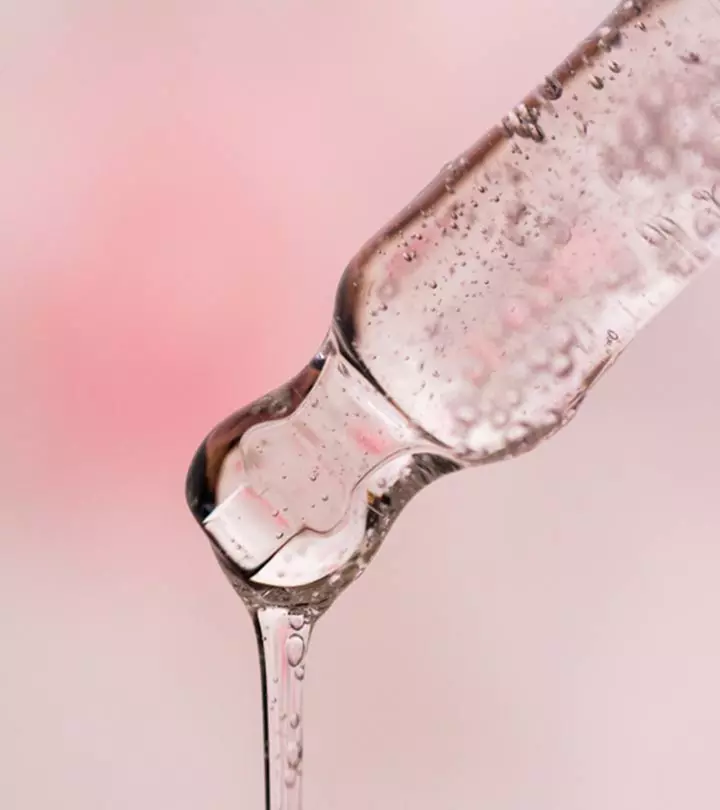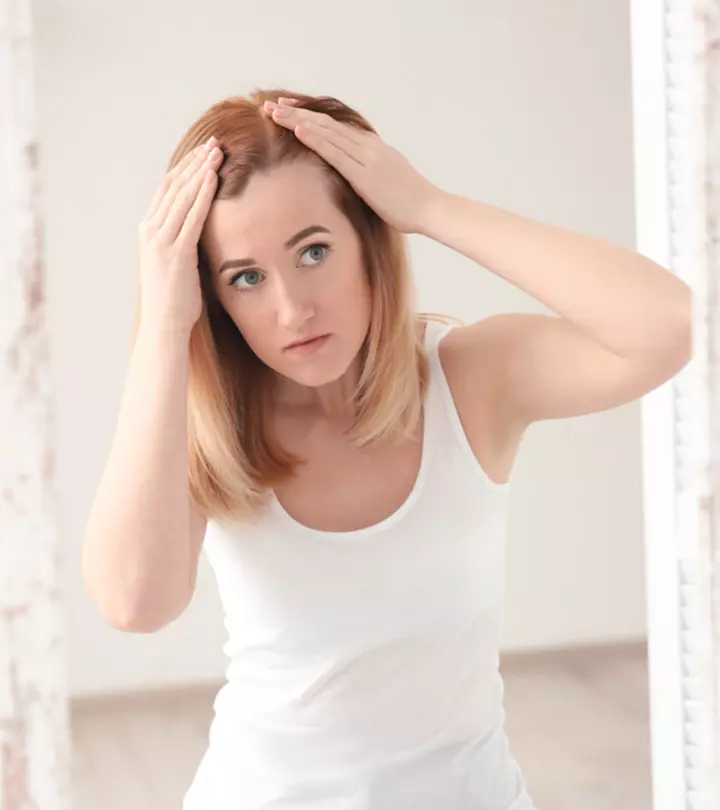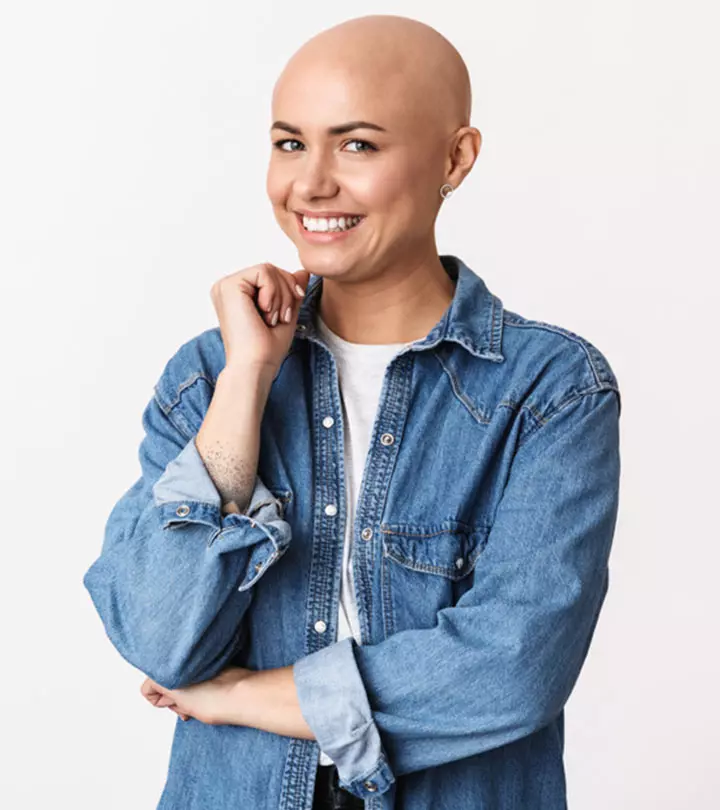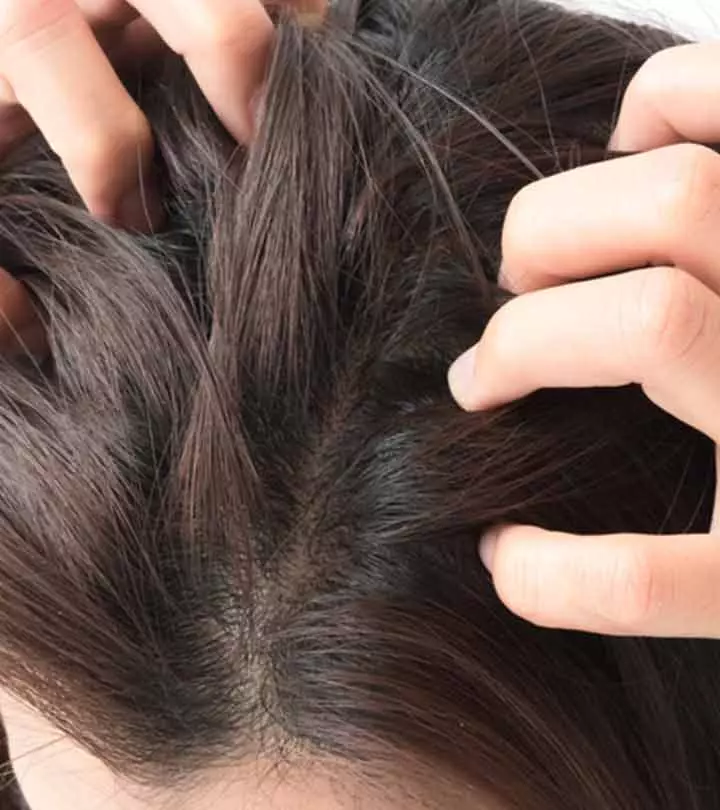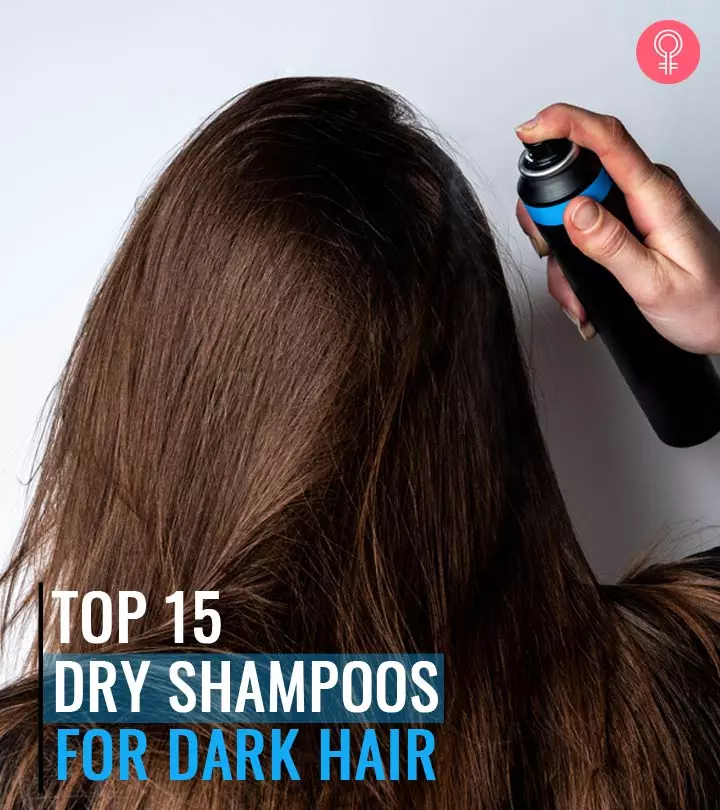MIT, WTS

Dawn Hilton is a consultant trichologist practicing in West Yorkshire, UK. She graduated from the prestigious Institute of Trichologists, London, with distinction. During her time studying there, she earned “The John Firmage Award for Distinction” as well as the coveted “John Mason Award for Excellence.”
Dawn had worked in the hair industry for 25 years before adding trichology to her services. She helps her patients understand the intricacies of their hair loss, utilizing a multifaceted approach as no two cases are the same. When not working in her own clinic, she enjoys passing on her knowledge to student trichologists at The Institute of Trichologists.
Our team of experts reviews articles written by experienced writers and subject matter experts to check for accuracy and authenticity. The editorial team duly incorporates the feedback in the articles to ensure the readers have access to credible and reliable information. Learn more about our expert panel.
